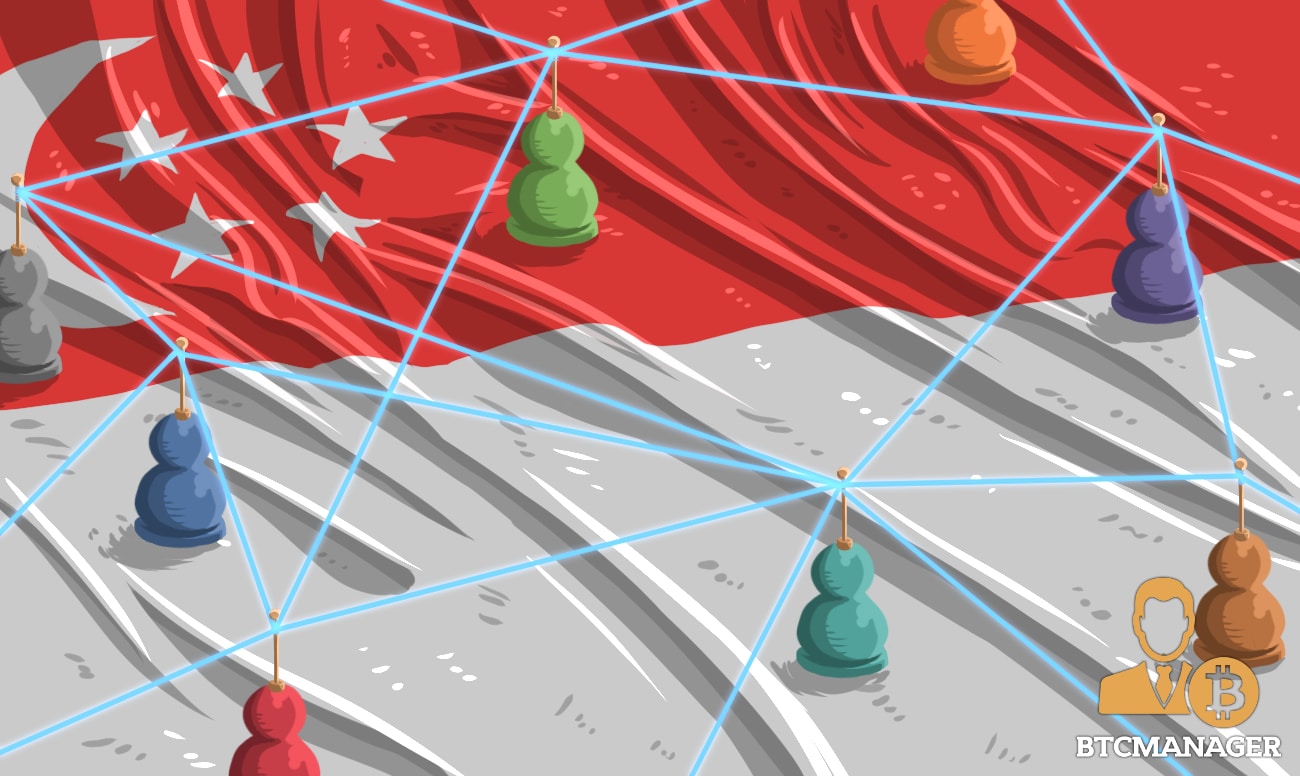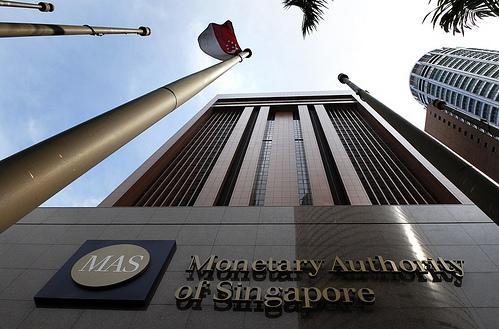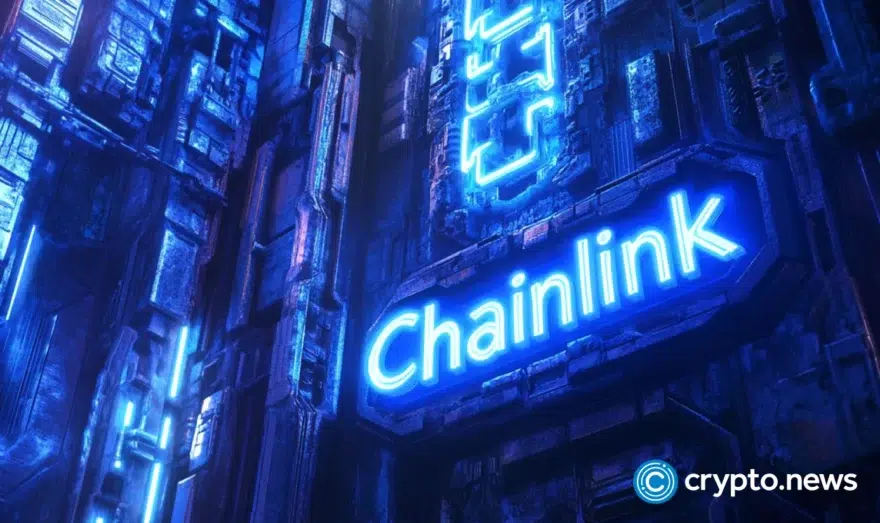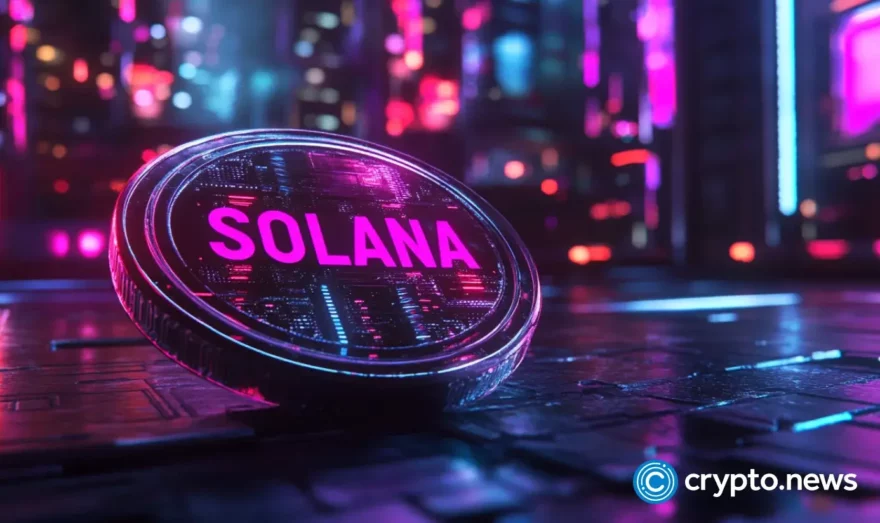Singapore May Soon Set Up a Framework for Decentralized Crypto-Exchanges

Surging forward in creating an optimum business environment for cryptocurrency and blockchain companies, Singapore looks primed to replicate its success with the traditional finance sector, by becoming a digital asset hub.
Current Regulations ‘Outdated’
As per an official report on May 24, 2018, the island country’s central bank, the Monetary Authority of Singapore (MAS), is drafting changes to the existing regulatory system for financial exchanges – in a bid to ease market entry for decentralized cryptocurrency exchanges (DEX).
As MAS states, the existing single-tier “recognized market operators” (RMO) system fails to keep up with the newfound demands, in particular, new businesses modeled on “emerging technologies.”
MAS added:
“As the current RMO regime has been in place since 2002, it is timely to review to the regulatory framework for market operators to ensure that it continues to meet the demands of the changing landscape.”

MAS Building. Source: FinTech Ranking
The report calls for authorities to introduce and approve a new three-tier RMO structure, in addition to easing market access and setup requirements for the “small-scale” exchange platforms. Additionally, the paper explicitly mentions “observing the emergence” of peer-to-peer, blockchain-based asset exchanges, which operate without the need of third-party involvement.
P2P Exchanges to Be Regulated Separate from Larger Counterparts
To augment its appeal, the country has considered the size of the market in which decentralized exchanges operate, and has proposed a different set of laws to govern them. This move is undoubtedly impressive, as P2P transfers make up a minuscule percentage of the world’s financial market, and applying laws meant for the more significant players would impede their growth.
As stated, the tier 3 laws are specific to blockchain-based exchanges, and shall be serviced in a “supervised environment.”
MAS explained:
“This new tier is designed to facilitate new entrants that develop solutions for wholesale market participants, or market operators that have reached the end of their sandbox tenure and are commercially viable, but whose businesses are not able to meet the requirements of the existing RMO regime.”
As per existing rules, the central authority places all financial exchanges into two broad categories: RMOs and Approved Exchanges (AE). The latter is meant for exchanges that transact hundreds of billions of dollars on a daily basis, such as the Singapore Stock Exchange (SGX), while the former is reserved for exchanges which trade smaller volumes, such as futures and derivatives platforms.












